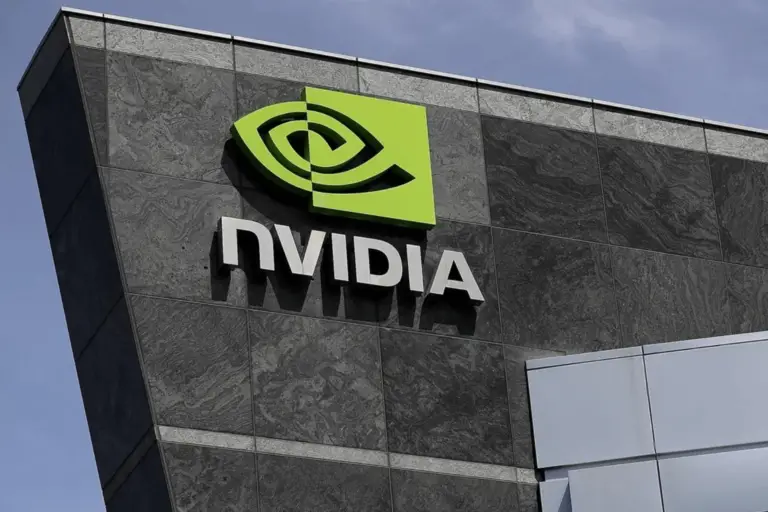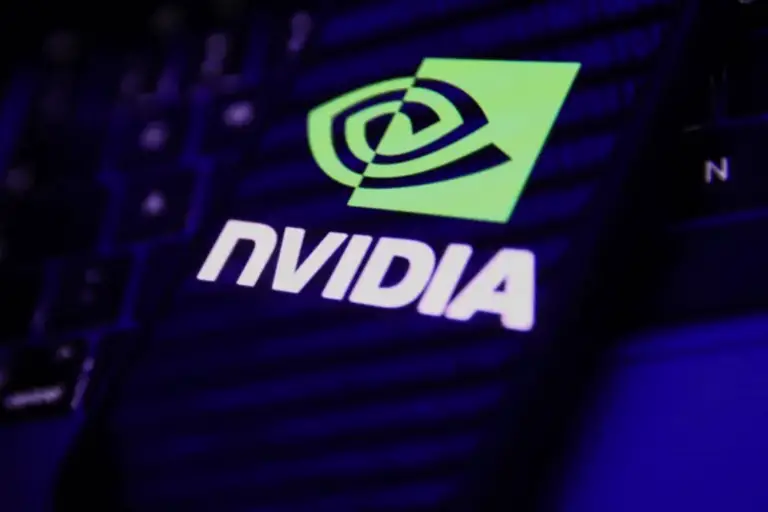
Global audience concerns over AI-driven newsrooms
The annual Digital news report says that falling reader engagement and revenue, along with growing global concern over AI-generated fake news, make things harder for newsrooms that are already having a challenging time.
People worldwide are growing increasingly concerned about the use of AI to produce fake news, according to a report. This makes things even harder for newsrooms that are already having trouble keeping readers interested.
The annual Digital News Report came out on Monday. The report for this year is based on nearly 100,000 surveys conducted across 47 countries.
It illustrates the challenges that news organizations face in generating additional revenue and maintaining their business operations.
With generative AI, tech giants and startups like Google and OpenAI are building tools that can summarise information and take traffic away from news websites. This is a new problem that newsrooms around the world are trying to solve.
But the report found that people are wary of using AI to make news, especially when it comes to sensitive topics like politics.
52% of respondents in the U.S. and 63% in the UK expressed discomfort with news primarily generated by AI.
The report polled 2,000 people in each country and found that respondents were more open to AI being used behind the scenes to help journalists do their jobs better.
It shocked me how suspicious people were. The majority worried about content trust and reliability.
59% of people who answered the survey said they were worried about fake news content online, which is three percentage points more than last year.
According to the report, this number was higher in South Africa (81%), the United States (72%), and other countries with elections this year.
People generally don’t want to pay for news subscriptions, which is another problem that news organizations have to deal with. A survey of 20 countries revealed that 17% of respondents paid for online news.
This number has remained the same for three years, despite some growth during the pandemic.
46% of US news subscribers were paying less than the full price for their subscriptions, which means that a lot of them were probably getting deals or trials that lowered their rates.
Rise of News Influencers: Impact on TikTok Users
News influencers are more important than traditional news outlets in getting news to people who use popular websites like TikTok.
Of the more than 5,600 TikTok users who said they used the app for news, 34% said they mostly followed journalists or news brands, while 57% said they mostly followed individual celebrities.
The findings show that newsrooms must connect directly with their readers and “strategically use the platforms to connect with people who are harder to reach, like younger audiences.” These influencers play a bigger part on the platforms.
Some survey respondents named Vitus “V” Spehar, the TikTok creator with 3.1 million followers, as a news personality.
Spehar is known for their unique way of reading the day’s top news stories while lying on the floor under their desk.
They explained that they aim to provide a more compassionate perspective on current events compared to a traditional news anchor seated at a desk.
The Digital News Report asked people in the U.S., UK, France, Argentina, and Brazil to name up to three mainstream or alternative news accounts that they consistently follow.
According to the report, the top 10 people named by US respondents are best known for their political commentary rather than their original reporting.
Some of these people were Tucker Carlson, a former Fox News host; Joe Rogan, host of the most popular podcast on Spotify; and David Pakman, host of a progressive talk radio show.


